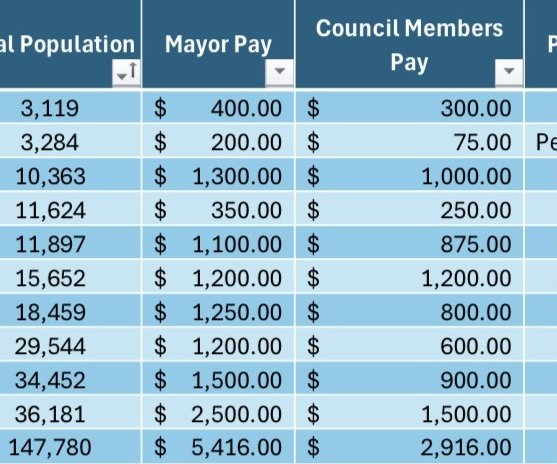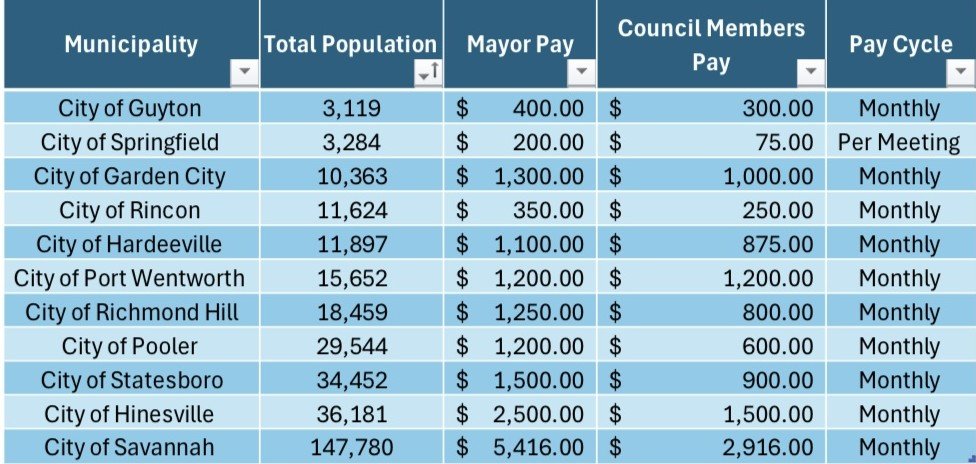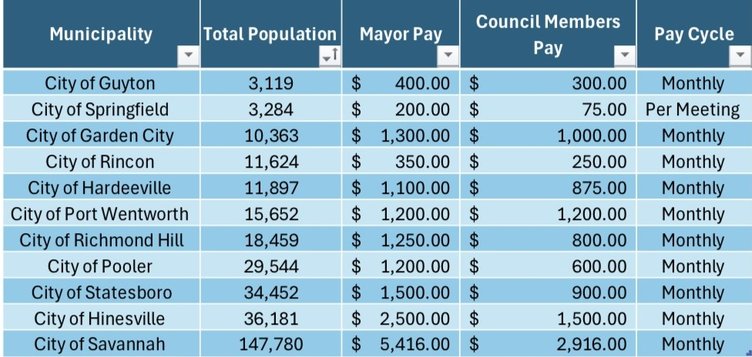Springfield is taking its bid to pay off its water and sewer infrastructure to the bond market.
Council members have approved a $6.04 million revenue bond package, taking advantage of a much lower interest rate.
"I think the city is going to be pretty happy," said Trey Monroe of Merchant Capital, which put together the bond package.
With the new bond package, the city’s interest rate will be 2.925 percent over 20 years. Under its loan with the Georgia Environmental Financing Authority, the city had an interest rate of 4.127 percent for a 20-year loan.
The lower interest rate is expected to save the city more than $667,000 in debt service over the life of the loan.
Monroe also said the city is getting into the bond market at the right moment, noting that entering the market last Monday and Tuesday was advantageous.
"You couldn’t have picked a better time," he said. "I don’t think you could have gotten any better in an interest rate. They’re the lowest we’ve ever seen."
Springfield has completed the work to be funded by the original loan, namely the sprayfield, reuse system improvements and the water line extension project.
The bond package will close July 17, and the city will pay off its obligations to GEFA at that time. The city’s total loan with GEFA, over 20 years, would have totaled $8.55 million over 20 years. Of that total, $5.85 million was scheduled to be paid in principal and $2.7 would have been paid in interest.
Under the bond package, the city’s interest payments will total $1.84 million over 20 years, for a total of $7.88 million in total debt.
"The city is going to be able to repay the general fund from the water-sewer fund, and you’ll be replacing a higher interest rate on your debt," Monroe told council members.
The city’s water and sewer rates could jump 28 percent for fiscal year 2013 as part of the bond resolution.
Monroe explained the difference between a revenue bond, such as the council adopted, and a general obligation bond is that with a general obligation bond, the city may have to pledge property tax revenues.
"With this, all you’ve pledged is revenue generated from the water-sewer system," he said.
Interest rates for general obligation bonds are lower, Monroe said, but only by .1 percent or .25 percent. The bond package also takes into account all the costs incumbent with the bonds being offered.
"It sets up all the accounts necessary to repay the bond," said John Pannell of bond counsel Pannell and Gray.








